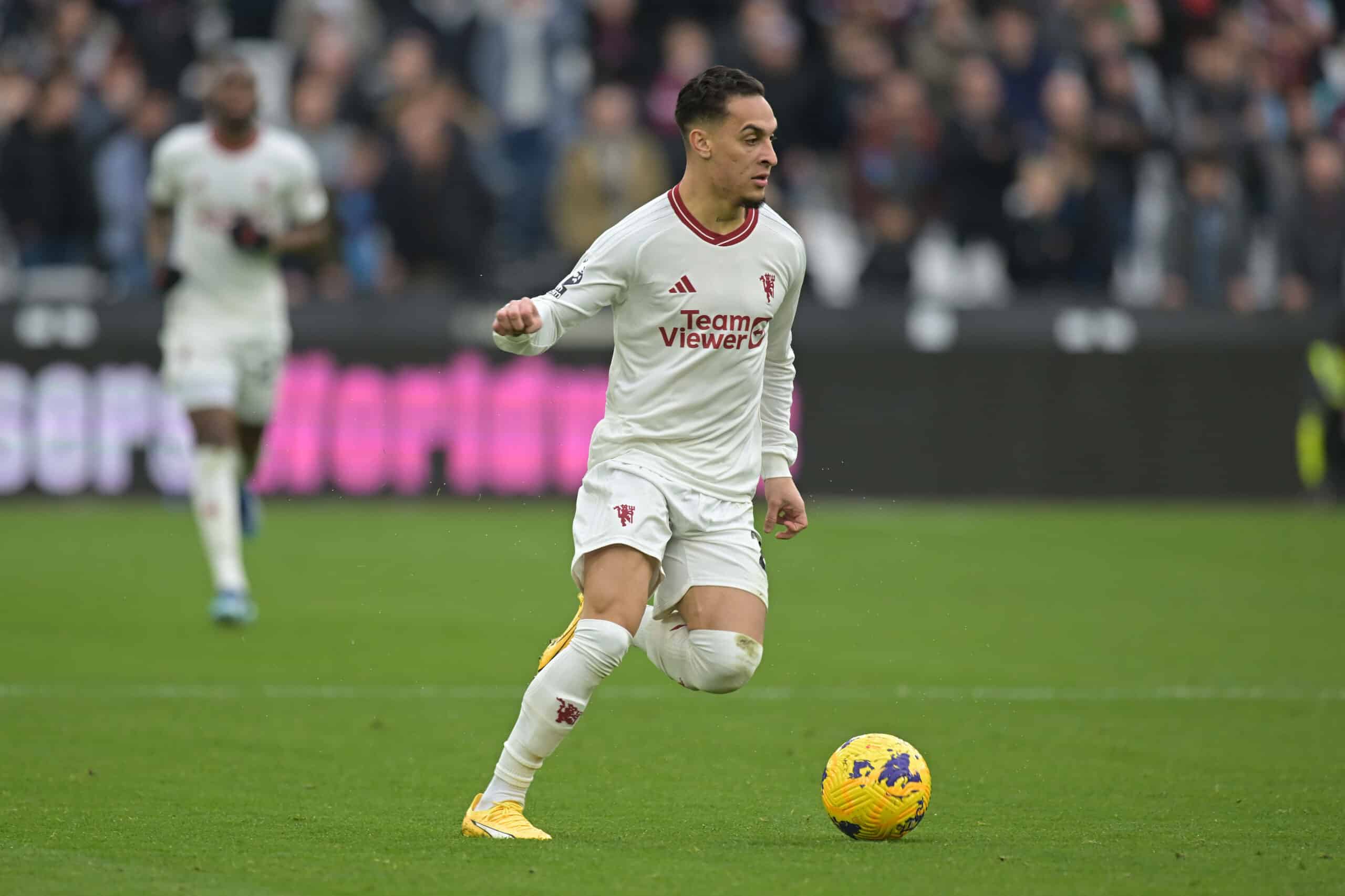Omari Forson’s Breakthrough at Manchester United: A Glimpse into the Future
In the high-stakes world of football, where talent and opportunity collide with ambition and strategy, Omari Forson’s emergence at Manchester United under Erik ten Hag’s tutelage presents a fascinating narrative. Dan Sheldon’s detailed piece in The Athletic offers an insightful exploration into Forson’s journey, challenges, and the uncertainties that lie ahead.
Talent Emerges Amidst Uncertainty
When Rasmus Hojlund’s unfortunate muscle injury sidelined him right before Manchester United’s clash with Fulham, it was Omari Forson, a 19-year-old prodigy, who got the nod from Ten Hag. This decision, preferring Forson over the €100 million-signee Antony, was not just a stopgap but a statement of trust and a glimpse into United’s vision for nurturing young talent. Forson’s performance, albeit in a 53-minute appearance, was notable for his confidence and tactical engagement, as evidenced by his interactions with both Ten Hag and teammates like Diogo Dalot.

Navigating the Pathway to the First Team
The journey to the first team’s dressing room at Manchester United is emblematic of the club’s ethos—earning your stripes. Despite Forson’s integration into the first team’s dynamics since last summer, he, like Kobbie Mainoo before him, has yet to secure a permanent spot in the senior dressing room. This symbolic milestone underscores the blend of meritocracy and tradition that defines the club’s approach to player development.
Contractual Clouds on the Horizon
Forson’s contract situation introduces a layer of complexity to his burgeoning career. With his current deal expiring in the summer and competitive terms on the table, the involvement of Sports Invest UK and the spectre of increased attention complicating negotiations, United finds itself in a delicate balancing act. Playing Forson might indeed “hamper” the club’s position contractually, as industry sources suggest, but it also reinforces the message of a “clear pathway” to the first team—a crucial factor in the modern game’s talent retention strategies.
Crucible of Development
Forson’s footballing journey, from West Ham to Tottenham and finally to Manchester United, is a testament to his talent, ambition, and the support system around him. Described as a dedicated and football-obsessed individual, comparisons with Christian Eriksen highlight his potential. Yet, Forson’s path is also a narrative about the choices young talents and their families make in pursuit of the best developmental environment, often underpinned by considerations far beyond financial incentives.

Strategic Gamble of Youth Integration
Ten Hag’s decision to bring Forson into the limelight, especially over more expensive signings, is a calculated risk that speaks volumes about his coaching philosophy and United’s strategic direction. This approach not only signals a commitment to developing young players but also challenges the traditional transfer market dynamics, suggesting that the value of nurturing homegrown talent can sometimes outweigh the allure of big-money signings.
Looking Ahead: Opportunities and Challenges
As Manchester United navigate the complexities of talent management, contract negotiations, and strategic planning, Forson’s case offers valuable insights into the challenges and opportunities that lie at the intersection of youth development and competitive football. The club’s ability to secure Forson’s future could serve as a litmus test for its vision, impacting not only the player’s career trajectory but also United’s reputation as a nurturing ground for young talent.
In conclusion, Omari Forson’s emergence at Manchester United, amidst contractual uncertainties and strategic decisions, encapsulates the multifaceted nature of football management and player development. As Dan Sheldon in The Athletic highlights, Forson’s journey is more than just a personal narrative; it is a microcosm of the broader challenges and opportunities facing clubs and players alike in the modern game. As we look forward, the decisions made now will resonate far beyond the confines of Old Trafford, shaping the future of football’s next generation.

